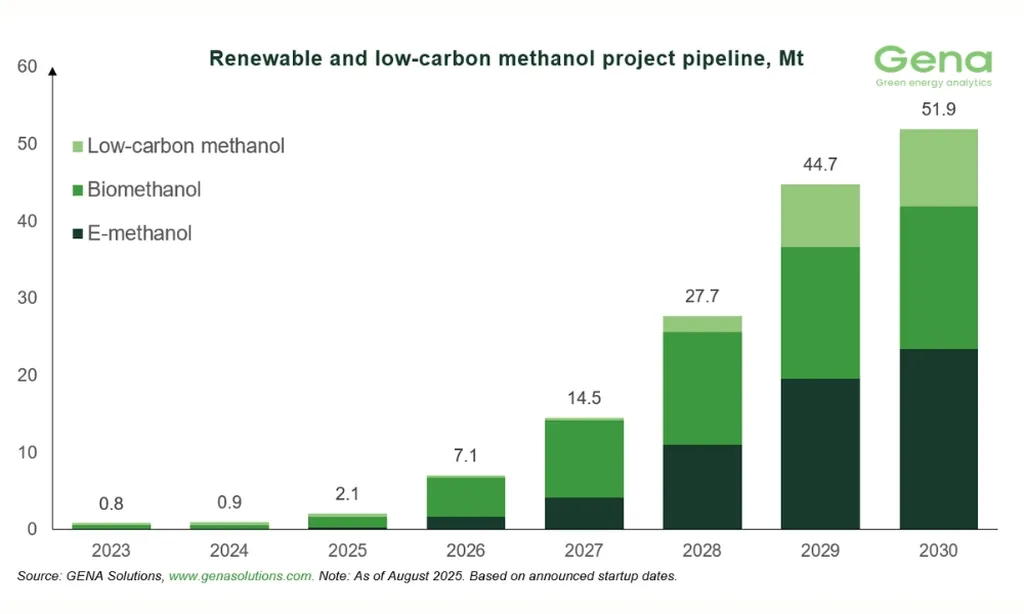Singapore’s Maritime and Port Authority (MPA) has awarded its first licenses for the supply of green methanol as a marine fuel, marking a pivotal step in the global push to decarbonize the shipping industry. The move, announced on November 24, 2025, positions Singapore as a frontrunner in the adoption of sustainable fuels, with green methanol—composed of waste CO2 and hydrogen produced via renewable-powered electrolysis—offering up to a 65% reduction in carbon emissions compared to conventional marine fuels. This development is not just a local milestone but a signal to the world: the maritime sector, responsible for 3% of global greenhouse gas emissions, is finally ready to embrace scalable, low-carbon alternatives.
Green methanol’s advantage lies in its compatibility with existing infrastructure and engines, requiring only minor modifications for adoption. Unlike hydrogen or ammonia, which demand entirely new storage and handling systems, methanol can be stored and bunkered using conventional liquid fuel infrastructure, significantly lowering the barrier to entry for shipping companies. The selected licensees—Global Energy Trading, Golden Island, and PetroChina International—were chosen for their robust supply chains, operational readiness, and sustainability certifications, ensuring that the fuel’s environmental benefits are realized from production to combustion.
The International Maritime Organization’s (IMO) revised targets—mandating a 40% reduction in shipping emissions by 2030 and net-zero by 2050—have galvanized ports and fuel suppliers to act. “The strong interest reflects the sector’s growing focus on lower-emission marine fuels,” stated the MPA, underscoring the urgency and industry momentum behind this transition. Experts note that while green methanol is not a silver bullet, its immediate deployability and significant emissions reduction make it a critical bridge fuel as the sector awaits the maturation of hydrogen and ammonia technologies.
This breakthrough in Singapore is more than a technical achievement; it’s a blueprint for global action. By incentivizing early adopters and fostering supply chain resilience, the initiative demonstrates how policy, industry collaboration, and innovation can converge to accelerate decarbonization. For policymakers, the message is clear: targeted support for sustainable fuel infrastructure can unlock rapid progress in hard-to-abate sectors. For engineers and industry leaders, the challenge now is to scale production, ensure cost competitiveness, and integrate green methanol into broader energy systems—ushering in a new era of clean maritime transport.

